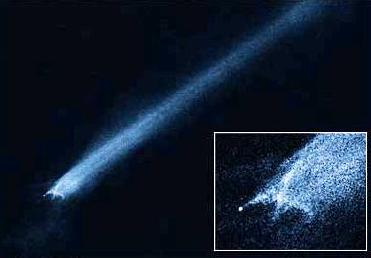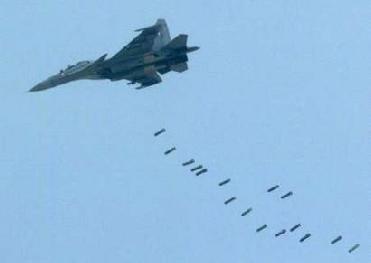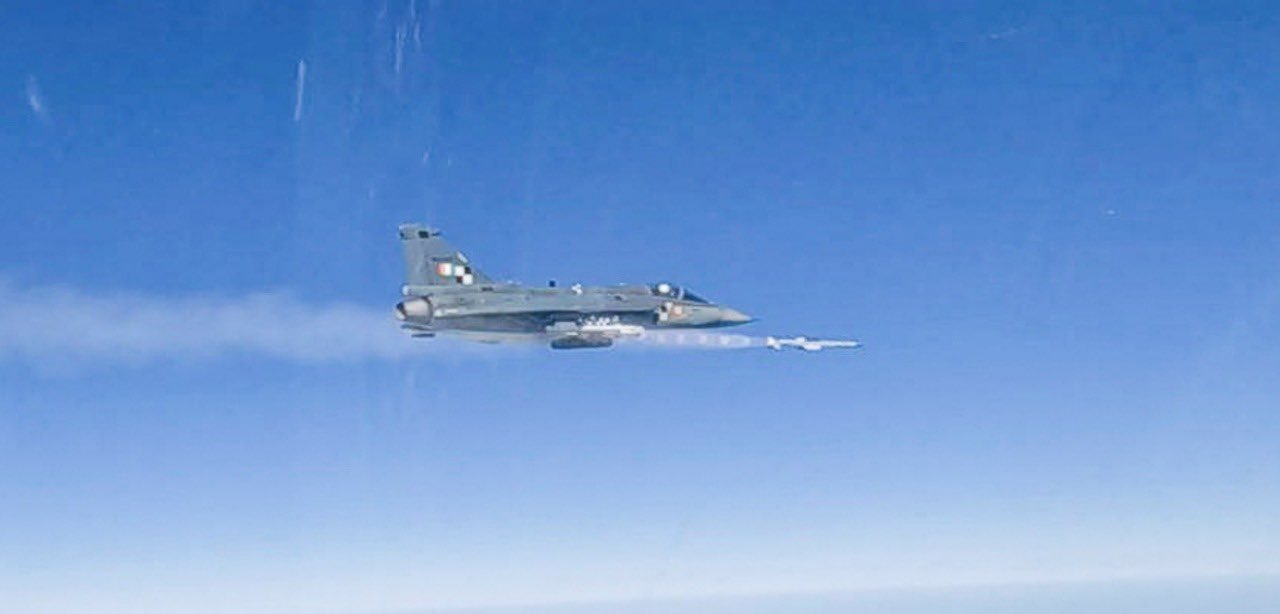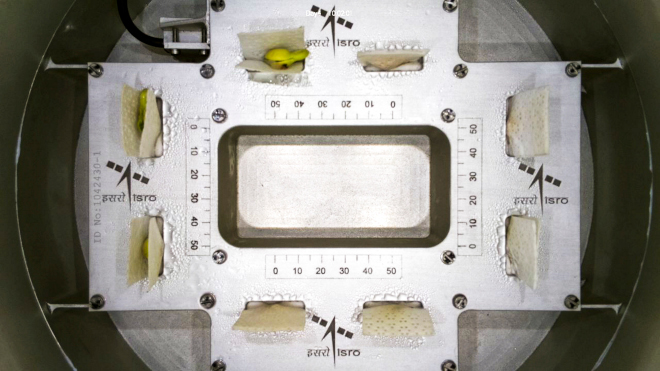
Comet-like body P/2010 A2 as captured by Hubble Space Telescope. A Hubble Image
WASHINGTON (BNS): Astronomers have come across a mysterious X-shaped debris pattern and trailing streamers of dust in space, which they believe, is the outcome of a head-on collision between two asteroids.
In an interesting catch, NASA�s Hubble Space Telescope has spotted for the first time this smashup between two asteroids.
�This is quite different from the smooth dust envelopes of normal comets. The filaments are made of dust and gravel, presumably recently thrown out of the nucleus. Some are swept back by radiation pressure from sunlight to create straight dust streaks. Embedded in the filaments are co-moving blobs of dust that likely originated from tiny unseen parent bodies,� principal investigator David Jewitt of the University of California at Los Angeles said.
The image captured by Hubble is that of P/2010 A2, a comet-like object. The main nucleus of P/2010 A2, estimated to be 460 feet in diameter, lies outside its own halo of dust, which according to astronomers, is an aberration.
�Normal� comets fall into the inner regions of solar system from icy reservoirs in the Kuiper belt and Oort cloud. As they near the Sun and warm up, ice near their surface vaporises and ejects material from the solid nucleus via jets.
However, P/2010 A2 does not follow this pattern. It orbits in the warm, inner regions of the asteroid belt where its nearest neighbours are dry rocky bodies lacking volatile materials, NASA said.
This leaves the possibility that the complex debris tail is the result of an impact between two bodies, rather than ice simply melting from a parent body.
�If this interpretation is correct, two small and previously unknown asteroids recently collided, creating a shower of debris that is being swept back into a tail from the collision site by the pressure of sunlight,� Jewitt said.
Hubble captured the images on January 25 and 29 when the comet was nearly 180 million miles from the Sun and 90 million miles from Earth.
 Previous Article
Previous Article Next Article
Next Article











The Indian Air Force, in its flight trials evaluation report submitted before the Defence Ministry l..
view articleAn insight into the Medium Multi-Role Combat Aircraft competition...
view articleSky enthusiasts can now spot the International Space Station (ISS) commanded by Indian-American astr..
view article